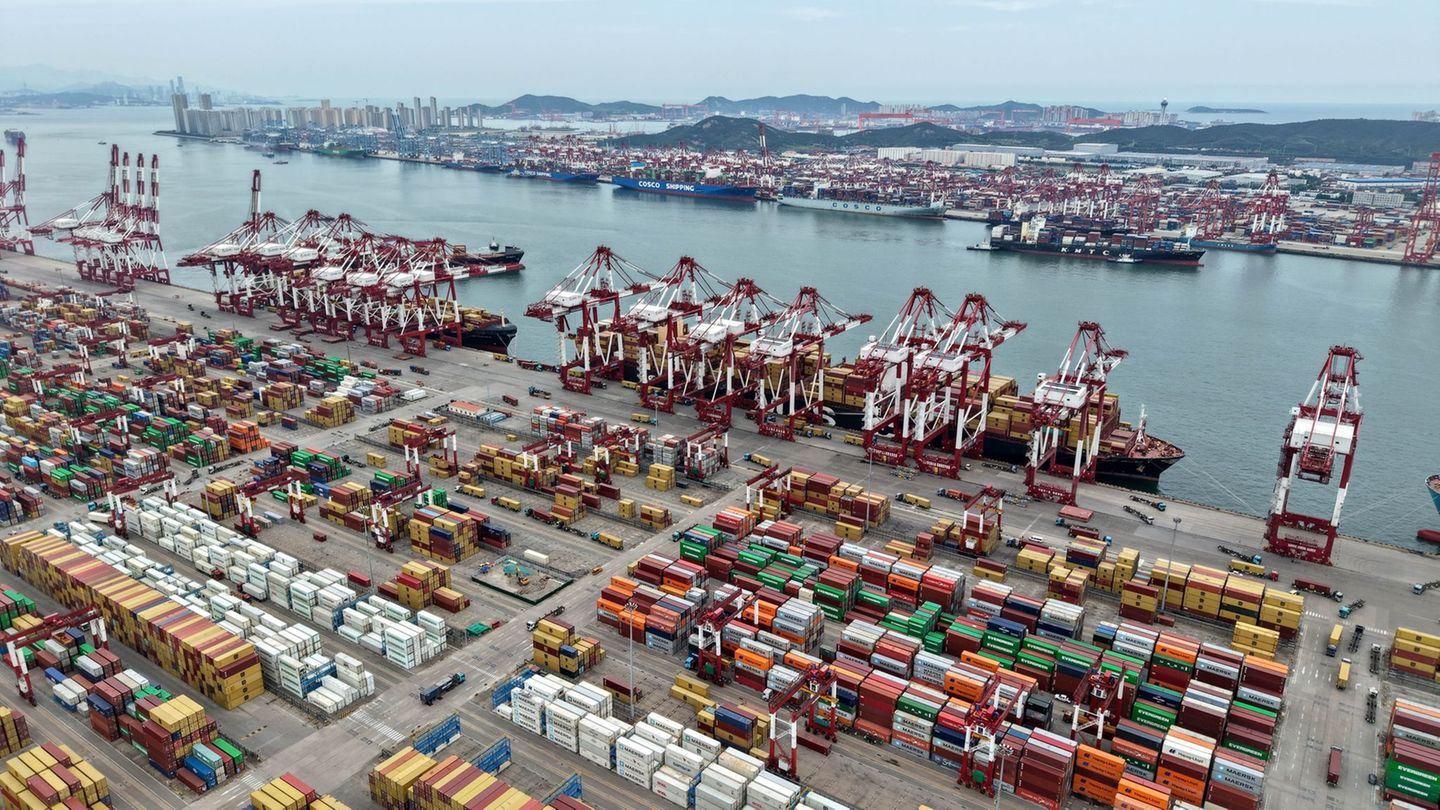A report from the Fundación Observatorio Pyme (FOP) indicates that in the first quarter they had less sales in the sector. Differences with large companies.
According to a private survey carried out by the Fundación Observatorio Pyme (FOP), the activity of the smallest industries has been contracting since the beginning of 2023. The data differs from the results provided by the National Institute of Statistics and Censuses (INDEC), which sets growth data for the sector as a whole, including large companies.
The content you want to access is exclusive to subscribers.
The FOP has been monitoring the activity of the sector since 2015. It is a panel that, for the last survey, was made up of 405 companies throughout the country, both from the pure industrial sector and from the software and services sector.


According to the report, in relation only to the manufacturing sector, SMEs registered a 6.4% drop in sales in the first quarter of the year, while the industry as a whole registered by INDEC shows growth of 2.6%. Compared to the same period in 2019, they are down 8.3%, although in the total for the sector that includes the largest companies there is an improvement of 11.3%.
The same is true of employment: the private survey reveals that employment grew just 0.5% while data from the Ministry of Labor show growth of 3.7% in the first three months of the year. “After 27 months of increases, employment stagnated among industrial SMEsbut not in the industry as a whole”, says the report.
The report states that “SMEs are affected by high inflation that causes loss of purchasing power of their customers and a drop in demand, together with a dynamic of extremely high variability of relative prices that makes it practically impossible to calculate costs and prices to give a minimum horizon to the planning of productive activity”.
“To this is added the external restriction with the respective exchange regulations and on foreign trade, which limit the access to foreign exchange for the acquisition of inputs and intermediate goods”, says the study. It is pointed out, in this sense, that “the loss of profitability of the smallest ones persists, since the labor cost (salary and non-salary) remains without great differences by firm size”.
On the other hand, there is an important difference with companies in the Software and Computer Services sector. Then, the performance of the companies grew 17.2% compared to a year ago and 80.3% compared to 2019. The study indicates that this behavior is explained by the fact that it is a sector that demands few imports, and therefore has no restrictions, while most of its production is exported. It also registers employment growth: between January and March it rose 6% compared to 2022 and 14.2% compared to 2019.
The difference with the general industry panel surveyed by INDEC is that it includes large companies. On the other hand, there are sectors of the industry that have a greater weight in the preparation of the index, as is the case of everything related to the oil sector (Vaca Muerta) and the automotive complex. In this sense, according to official data the refining sector grew 14.4% year-on-year in the first four months, while the industries basic metals make their own 13.1%. The steel company grew only in April 65% because last year there were technical stops. In the case of car production rose 12.5% in the first four months compared to last year.
Source: Ambito




